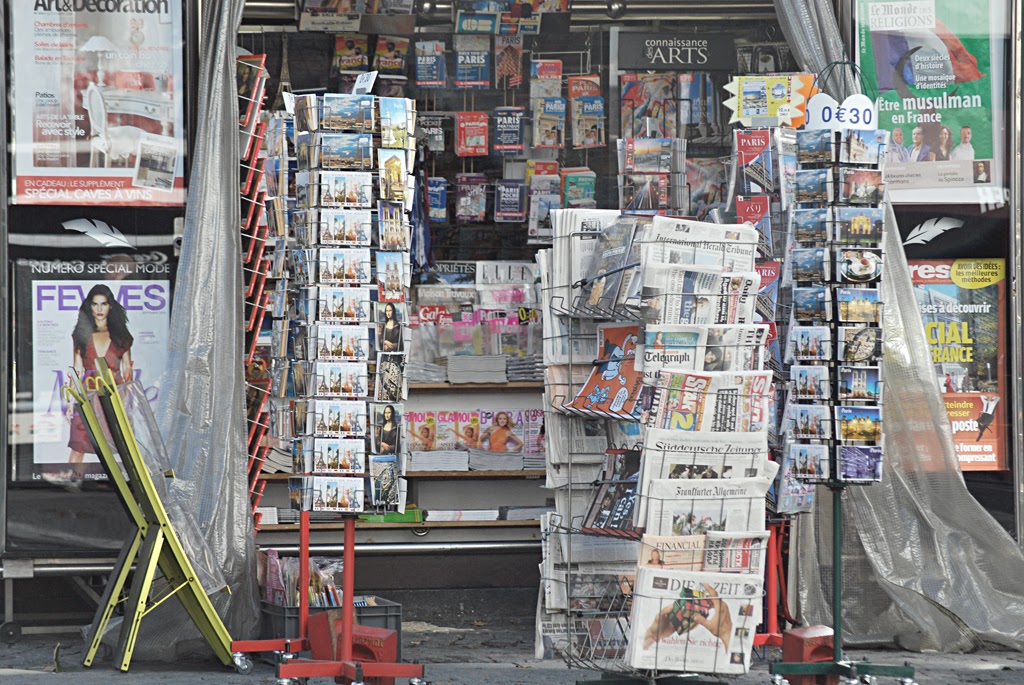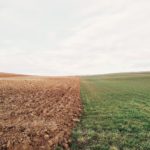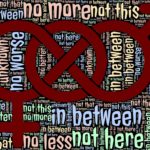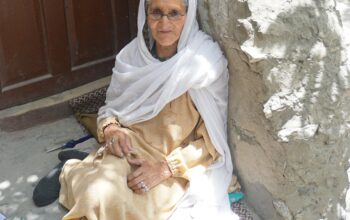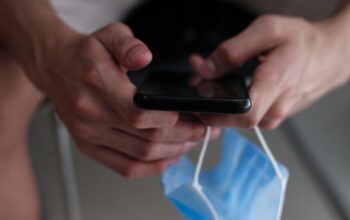What do you think about when you read a newspaper, listen to the updates on the radio, the news app on your phone, the news programme on TV? For me, since it is far away, it often seems like a story, a myth. And I have to stop and take a step back to remind myself that these are things that are happening right now. The burning of the Australian bush. The plague of locusts in East Africa. The spread of the Corona virus from China. All the other news we list under Yesterday’s News, Today’s Reality. It continues while I read about it and people are affected by it.
And sometimes, you are one of these people and the events happen where you are. Be it a catastrophe, a surprising election, anything – there might be the moment when you realise that what is happening around you is a part of history, it will be in the news later. But how does it change our perspectives and focus?
A picture that changes
I have interviewed Maike about this topic, a student from Malmö University who was on exchange in Hong Kong from August until November 2019. Maike studied in Hong Kong during the time of some of the major events of the protests: when Carrie Lam withdrew the extradition bill or the protests during the anniversary of the People’s Republic of China. When police forces entered the university campus in November and students defended it, the confrontations between protesters and government forces caused big destruction of campus facilities and the university was unable to continue the semester and Maike returned home. Since she was directly affected by the protests that were going on in the city at that time, she could reflect on the difference between the news and reality and shared her experience with me.
Pike & Hurricane (P&H): The protests in Hong Kong already started in June and the media reported widely on it. Therefore, you were prepared about the situation of her host country. But talking about myths and the story media tell of an event, did the image you had change when you got there and saw what happened?
Maike: Yes and No. I think Hong Kong is very privileged in how it is being covered. I mean 2019 was a year of global protest, there were in so many different regions of the world protests between governments and citizens and very similar topics actually. And if you look at the coverage that Hong Kong got versus the coverage that Haiti or Ecuador for example got than it’s very different.
What I think changed about my impression of it is that, surprise!, it is not as black and white as presented. What I think for me really changed was that what the media really lacks is this human face behind it. So you see, there is the movement and there is the police, and the government and the protesters. And either you are completely for the movement or you are completely against it. But you don’t show the people that are super torn. And I think that for me was a very important acknowledgement to make. Because I recognised that I in the beginning judged people in terms of that they told me something about the protest and I tried to put them into a category: I think this person is for the movement, I think this person is against the movement.
The media coverage as I said is very extensive, but it’s also very sensation-led. So they look a lot on “this big event happened” and there are so many pictures of fires and the violence, but they show less about the personal struggle of people.
Maike said that after spending several months in Hong Kong, the picture of the events became less clear cut, because she got to know more about the context and different layers of the conflict. “What I didn’t really grasp before I got there, since it is missing from the coverage, was the different levels- that there are not only two parties in the conflict and that opinions are not clear cut. People might disagree with the government, but feel like being culturally Chinese. How does one deal with that? You know these kinds of things and I think it is such an important aspect since identity in general plays a big role in this conflict. And it is lacking in a sense from the media coverage in terms of that it is very categorised.”
P&H: How do identity and character influence your perception of the events?
Maike: I think I would have experienced it very differently if I would have been a Hong Kong local, whereas I am a European, who was there for half a year. I knew from the beginning that I would be able to leave at any point if things would get critical. And I think that is something that still now is very much there.
I know that sounds stupid, but I feel guilty. Because I know that I couldn’t have done anything as such and that it is not my fight to fight and I have no power whatsoever to help and I know that it is not my position to take. But it felt wrong to just be able to leave.
Maike is back in Malmö, but living in a place builds a connection. You know what certain events mean for the people. And at the same time the distance is back. “It is definitely weird now in that sense that I can literally turn off the TV or wherever I see it, Instagram or news outlet, I can just turn off my phone and it will not affect me in a sense.”
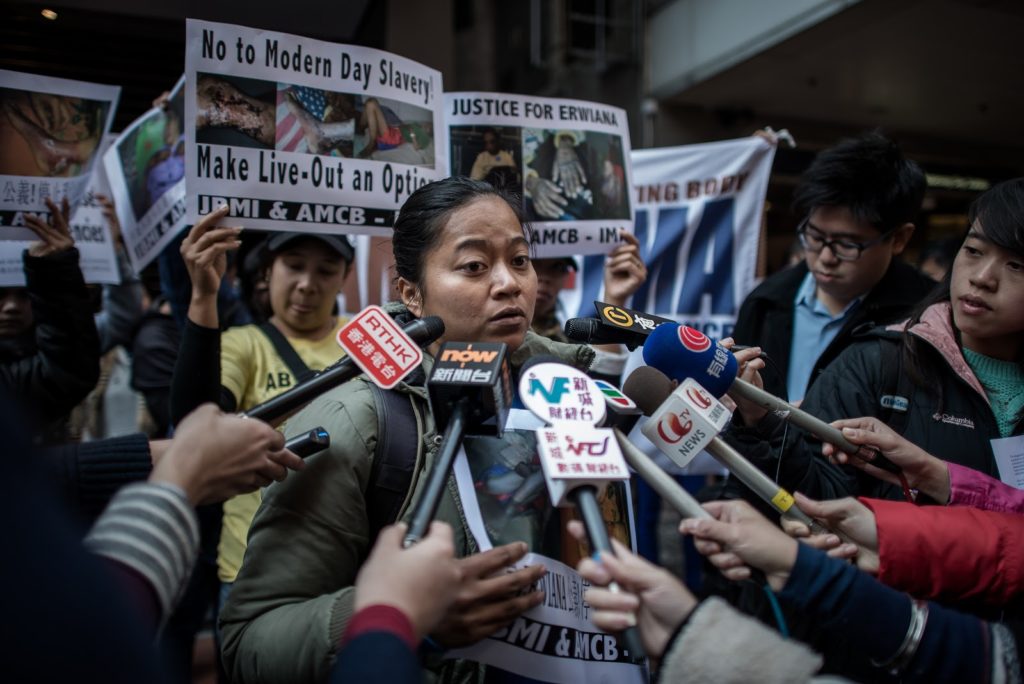
Stories we hear about
Media is creating a story, they tell an event in a certain way. And depending on the narrator, this story can differ a lot. “I don’t think the media is wrong in being critical when it comes to police violence and the government”, Maike says, “but you can definitely see that they are very West-centric. So they are very much tempted to make China look like the bad guy, no matter what they do. […] It is very striking when the Chinese government uses the words ‘rioters’ and ‘extremists’ for the protesters, but it is also striking when Western news outlets always use the words ‘democracy fighters’ and stuff like this, it is very much about this language aspect. I don’t say I think it is bad, but neutrality-wise… you could definitely see that a lot.”
Every story is just part of a bigger one. They give a context and meaning to it, describe the actors and their position, leave out bits and are rarely completely neutral. Most people in Hong Kong still lived their normal life. While the news showed a lot of conflict and smoke and fires, this is in reality rather isolated and just in a few parts of the city. And what was in Hong Kong news topic number one, it was for the world one of several news.
by Nina Kolarzik
Photo Credits
“Blätterwald”, Björn Seibert, CC BY-NC-ND 2.0
“HONG KONG-INDONESIA-SOCIAL-LABOUR”, inmediahk, CC BY-NC-ND 2.0
